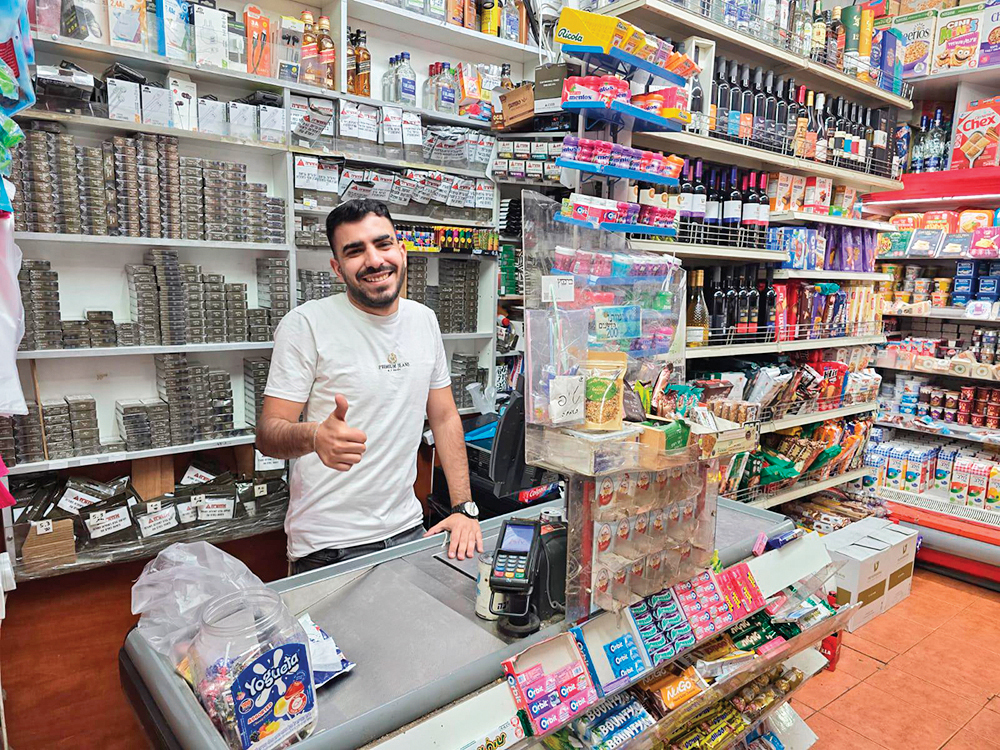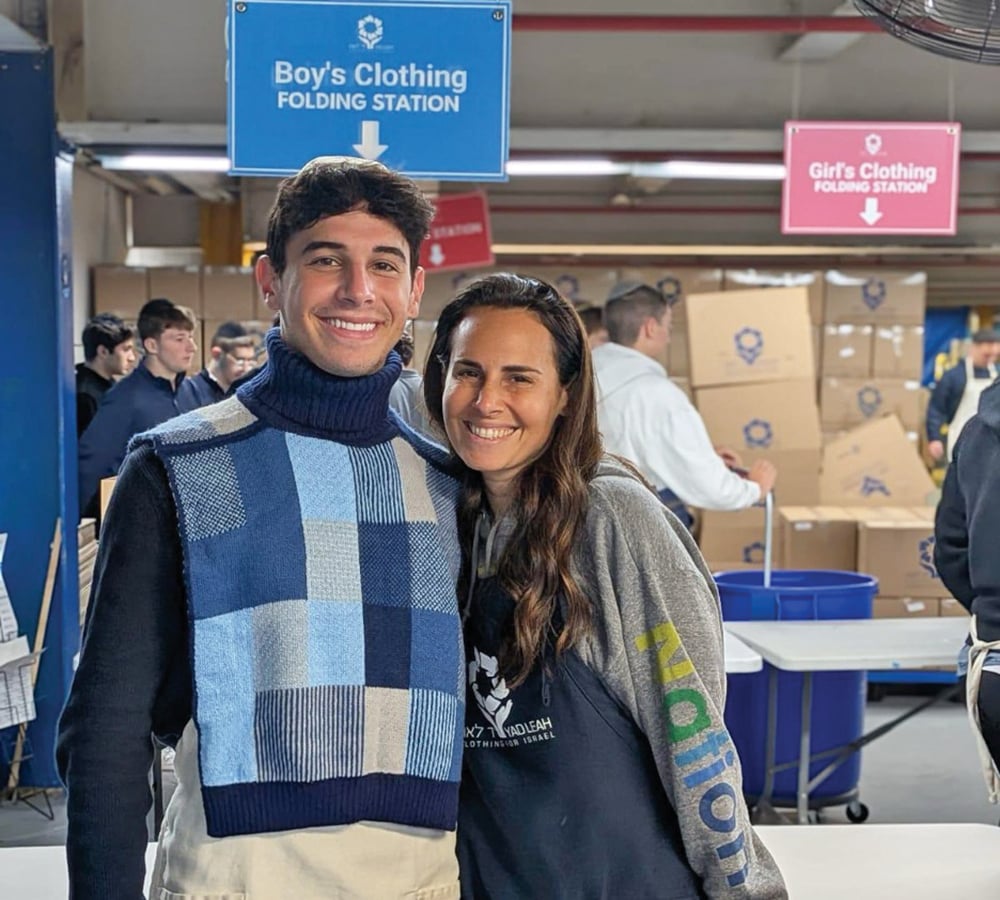
The articles started appearing in 2011 or so. Published in a variety of publications, it was easy to detect a theme: “Facebook Is Making Us Miserable” (Harvard Business Review), “Is Facebook Making Us Lonely?” (The Atlantic), “How Facebook Makes Us Unhappy” (New Yorker). Clearly, Facebook had become a massive force to be reckoned with. With 2 billion regular monthly users, Facebook has a population larger than any single country in the world, and that is without even counting the additional 700 million and 1.2 billion users of Facebook-owned Instagram and WhatsApp, respectively. It connects so many of us to friends, family and communities spread throughout the globe. And yet, these articles quoted study after study of research that implicates social media in general, and Facebook in particular, in declines in happiness. As the years went on, and Instagram surged in popularity, it too started to draw the ire of researchers: “Why Instagram Is the Worst Social Media for Mental Health” (Time Health), “L.A. Kids and Instagram Anxiety: ‘Social Media Is Destroying Our Lives’” (Hollywood Reporter). A recently published New York Times Magazine article chronicles the rise of anxiety as the number-one mental health issue afflicting adolescents, and places the ubiquity of smartphones, social media and Instagram as one of the root causes.
What is going on here? Anyone who has ventured down the rabbit hole of food pics or top sports plays or [name your particular interest] can probably acknowledge the power of social media as a time waster. But is it really a source of extreme anxiety and unhappiness? And if so, what are we doing as parents and educators to help ensure our children are engaging with technology in a healthy way?
Livado: Having Confidence in Our Own Voice
The fundamental reason why technology generally, and social media in particular, has the potential to make us anxious and unhappy is because it undermines our ability to be comfortable when alone. Indeed, the Torah long ago captured the fundamental importance of such loneliness—the strength and self-reliance generated by a confident comfort with being disconnected.
Describing Yaakov Avinu in advance of his battle with Esav’s angel, the Torah notes that Yaakov was “livado”—alone. The word itself stands out in the pasuk, leading the Midrash to draw an extraordinary, but curious, parallel: just as Yaakov Avinu was livado—alone—prior to his battle with Esav’s angel, so too Hashem will livado—alone—be exalted on that day. The great mashgiach of the Mir Yeshiva, Rav Yerucham Levovitz (1873-1936), unpacking the underlying principle behind this semantic parallel, explained that Yaakov Avinu’s loneliness was patterned after Hashem’s; just as Hashem is alone, and needs no other being to exist, so too Yaakov Avinu had successfully cultivated his own inner confidence to a point where he no longer needed others for validation. It was precisely this characteristic of “livado” that gave Yaakov Avinu the power to defeat the angel of Esav that fateful night.
This idea is as powerful as it is simple: We must all strive to reach a point where we do not need to rely on other people for our own sense of self-worth. Each of us has a unique goal to accomplish on this earth, and by striving to imitate Hashem in achieving this ideal of “livado,” we develop a confidence in our voice and in our ability to impact the world regardless of others’ opinions, perceptions and pressures. As Rav Yerucham explains, when Ben Zoma asks the famous questions in Avot (4:1) of who is wise, mighty, rich and honored, he is really teaching us about the importance of having confidence in our own voice. Who is rich? Traditionally, one checks the Forbes list, or looks to see how their car stacks up with others in the office parking lot. No, says Ben Zoma. Being rich is a state of mind, and one works on themselves to reach a point of satisfaction with their lot, independent of anyone else. Who is honored? I might assume I am only honored if my shul or school dedicates their dinner journal to me. Ben Zoma says no—it’s within you. If you honor others, you are honored.
Back to Social Media
What all the studies indicate is that social media promotes what the United Kingdom Royal Society for Public Health #StatusOfMind survey calls a “compare and despair attitude”—meaning, what we share with our social networks is often a highly curated, best version of ourselves. While there is nothing inherently wrong with putting our best foot forward online, problems abound when we scroll through our feed, comparing our real life, with all of its trials and tribulations, high points and failures, with the perfect life projected by our peers and public figures. Becoming a “livado” Jew is hard enough on its own. Facing a constant stream of idealized versions of people’s lives in comparison to the good, bad and ugly of our real existence makes it almost impossible. This type of comparison is cited by researchers as playing a significant role in the spike in adolescent anxiety and depression, which began in 2012, “the moment when the proportion of Americans who owned a smartphone surpassed 50 percent” (“Have Smartphones Destroyed A Generation?” The Atlantic, September 2017).
What’s Our Role?
Recently, I’ve had the opportunity to engage students in a conversation about this topic in several schools. Contrary to what some might assume, kids understand how unhealthy this type of impossible comparing can be, and they desperately want the adults in their lives—parents, educators and others—to understand the challenges posed by social media. Sometimes adults will look at the social challenges of likes and posts and dismiss it as “kid stuff” and, therefore, unimportant. Doing so risks sacrificing a major opportunity for us as adult role models to be there for our kids, so that when they do face these challenges, they know we understand, accept them and can empathize with them.
We must also be fiercely and relentlessly devoted to elevating our children’s sense of “livado.” This includes talking about Hashem, how He loves each one of us and has given us the tremendous blessing to have the ability to play a unique role in this world, that unlike anyone else. Watching a student find that skill or activity or program that stokes their passion—be it in the beit midrash, STEM lab, basketball court or a shelter helping hurricane survivors in Houston—is the most incredible feeling. That young man is confidently and passionately alone. In that moment, he knows he can change the world. All of us—parents, educators, community members—working as partners, have a responsibility to continue to stoke that flame in our children so that they can follow in Yaakov’s footsteps as “livado” Jews.
By Rabbi Dov Emerson
Rabbi Dov Emerson (@dovemerson) is the director of teaching and learning at Yeshiva University High School for Boys/MTA. He and his wife Rina, along with their five children, live in Bergenfield, New Jersey.











